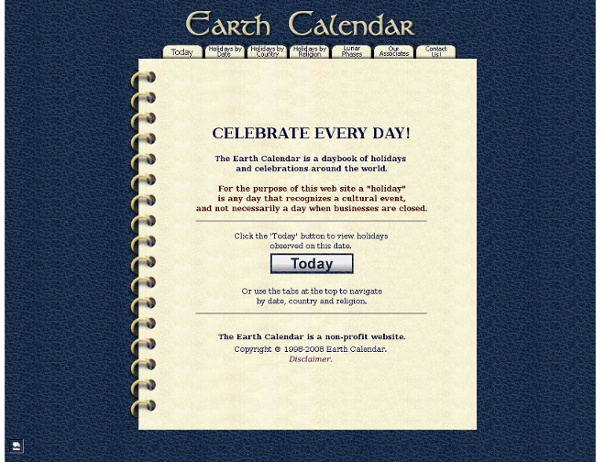



Calendar Converter Welcome to Fourmilab's calendar converter! This page allows you to interconvert dates in a variety of calendars, both civil and computer-related. All calculations are done in JavaScript executed in your own browser; complete source code is embedded in or linked to this page, and you're free to download these files to your own computer and use them even when not connected to the Internet. To use the page, your browser must support JavaScript and you must not have disabled execution of that language. If the box above says “Your browser supports JavaScript”, you're in business; simply enter a date in any of the boxes below and press the “Calculate” button to show that date in all of the other calendars. Gregorian Calendar The Gregorian calendar is a minor correction to the Julian. While one can't properly speak of “Gregorian dates” prior to the adoption of the calendar in 1582, the calendar can be extrapolated to prior dates. Julian Day Julian Calendar Hebrew Calendar Islamic Calendar P.
Book Cover Images and Copyright - The Librarian Who Doesn't Say Shhh! I’m creating this post because I get a surprising number of hits on my FAQ page about this specific question! I figure people are googling the question, so crafting a post on it might be helpful for my googlers (this kids googling for book reports on The Time Machine, however, are still out of luck). The question comes from librarians and teachers, and involves some combination of: How can you use copyrighted book cover images on your blog? And this is actually a really fascinating question! I was right. First, I must say that most of the books I read and review now are books I receive for review, and publishing the review with a cover image is encouraged by the publishers. Second, most cover images I use come from sites like Goodreads and Library Thing. Using a cover image in a blog post might be considered a reasonable risk. Of course, this only applies to cover images! If you worry about posting an image, there are two options that might be worth considering: Tara Like this:
TLNing - A community for teacher-librarians and other educators Classify -- an Experimental Classification Service Enter an ISBN, OCLC#, UPC, or ISSN Standard Number: An ISBN is a unique number assigned to an item by its publisher. Each ISBN is a 10 or 13 digit number. Enter ISBNs with our without hyphens. For example; OCLC assigns a unique number to each bibliographic record input into WorldCat. The Universal Product Code (UPC) is a barcode symbol that is used to track trade items in stores (e.g., audio and video products). The first digit is the Number System Character (NSC) which appears on the left side of the symbol outside of the bars. Enter all digits found on the item (e.g., 008817006925). An ISSN is a standardized international code which allows the identification of a serial publication.